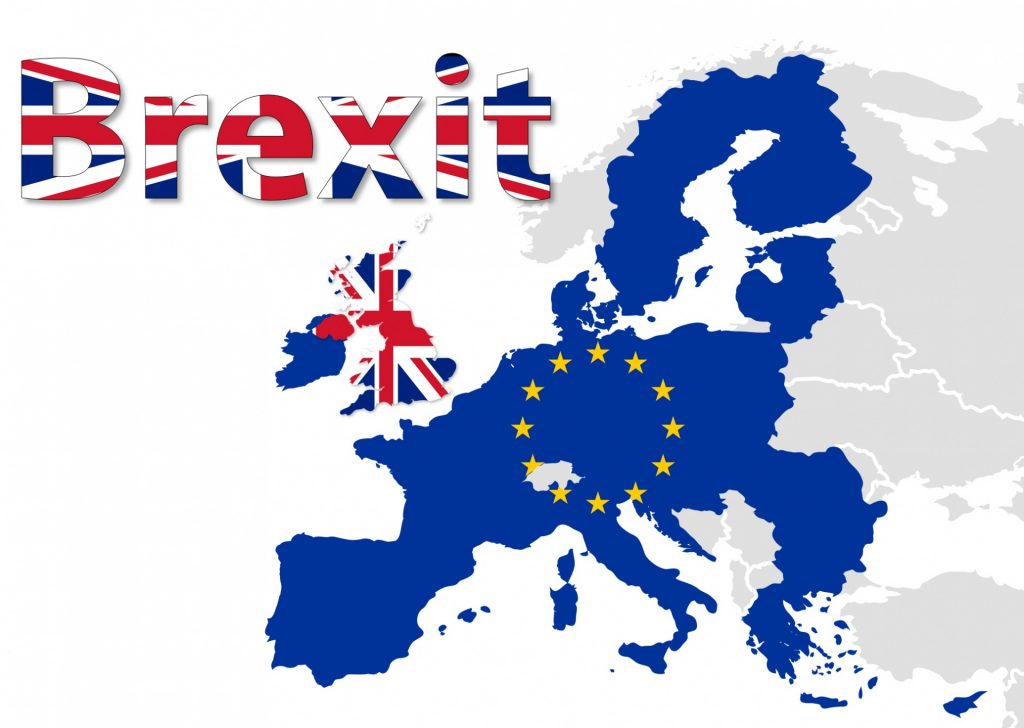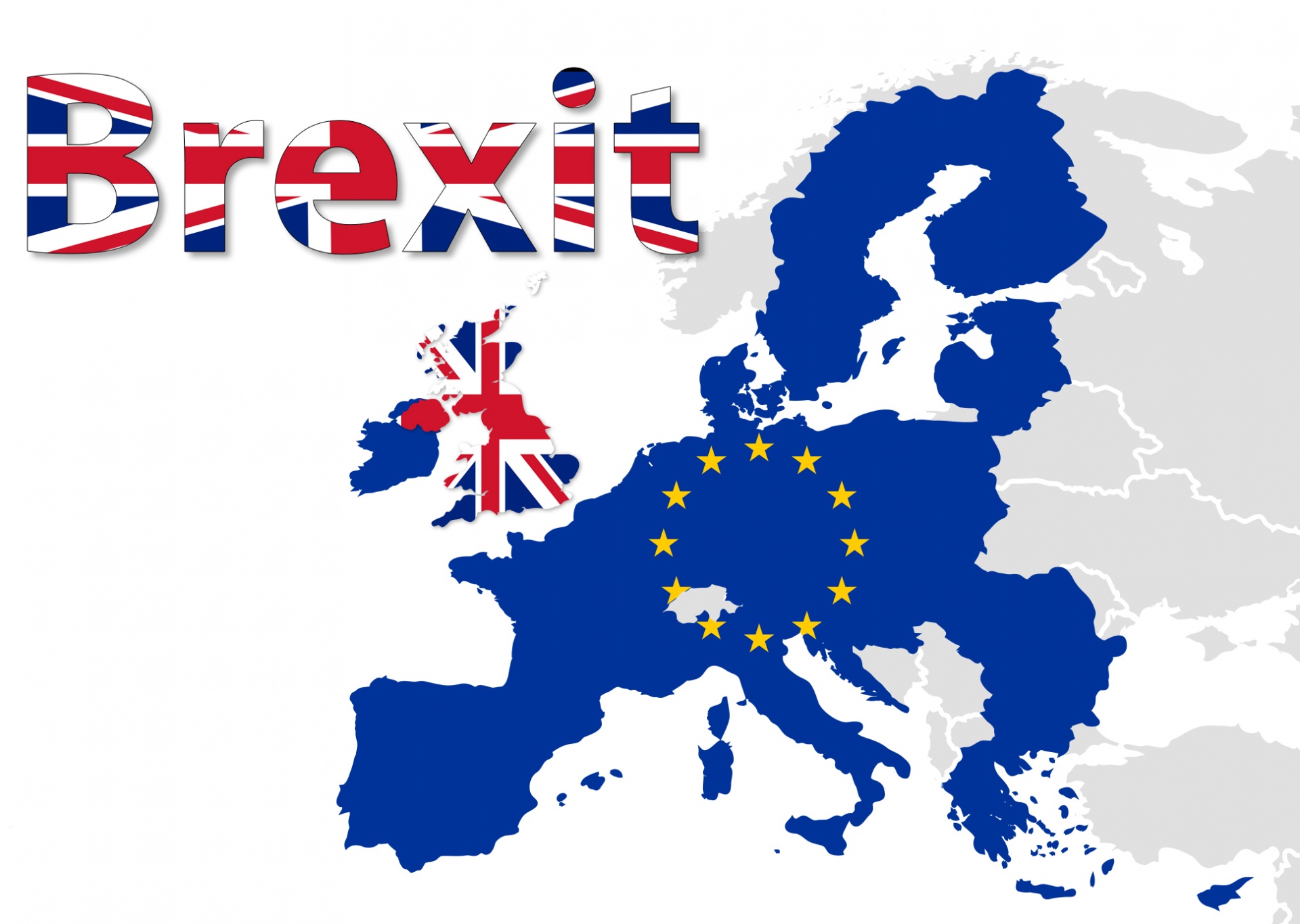How Brexit could disrupt the UK’s fresh produce trade
Ceasing to enjoy the benefits of the 36 free trade agreements signed by the EU with non-EU countries is among the consequences the UK – heavily reliant on external imports of fresh produce – could face it is exits the EU. This is one of the issues raised by Freshfel Europe, the European Fresh Produce Association, is the wake of the UK referendum result in favour of leaving.
In a press release on the potential impact of Brexit, the organisation said it is “severely concerned” by the economic consequence the outcome of the referendum may have on the fresh produce sector.
Short term consequences might be disruption of trading relations and insecurities based on a drop in the pound, while in the longer term, the UK’s departure would lead to an elimination of existing framework trade agreements, it said.
Higher fruit and veg prices
Elaborating on the potential short term impact for the fruit and vegetable sector, the group said the drop of the British pound is already causing insecurity among fresh produce business operators. Depending on the currency stated in contracts, the current drop is causing severe losses on one or the other side of business operations.
This price volatility will in the long run be passed on to consumers and could see higher fruit and vegetable prices in the UK as well as limiting supply given the loss of competitiveness of the British market. This will not only affect sourcing from the EU- 27, but from all non-EU countries.
Longer term impact: trade upheaval
On the longer term fallout, the group stressed that the UK, a significant importer of fresh produce from non-EU countries, currently enjoys the benefits of trade liberalisation conditions set by the existing 36 FTA’s that the EU signed on behalf of the 28 member states.
“Fresh produce trade was in this respect liberalised with many countries in the Mediterranean basins, with Southern Hemisphere countries, ACP countries and more and more countries in Southeast Asia.
“With the possible exit of the UK, the FTA’s negotiated by the EU will cease to apply for import into the U.K. The country will have to recreate its trade relationships with third countries, governed by the necessity, to renegotiate bilateral trade deals individually with each country. By experience, these negotiation processes are usually time consuming, lengthy and need to comply with complex legal requirements,” Freshfel Europe said.
Moreover, the departure could also trigger renegotiations of EU-FTA’s, initiated by non-EU partner countries claiming changes by the contracting parties.
There may also be an impact on the British labour market with regard to the residency rights of foreign workers.
Call for rapid clarification of political situation
Freshfel Europe called for prompt clarification of the political situation, to give business operators the opportunity to adapt to new market conditions.
It said it will closely follow coming political and economic developments, voicing the requirements of the fresh produce business.
In summary, the group said it will “continue to work closely with its members to monitor the specific aspects relating to fruit and vegetables, to minimise the impact for the fresh produce sector of this development.”
Snapshot of trade between the UK and the EU 27
The UK market is currently supplied with fresh produce originating from close to 120 countries.
In 2015, the UK received more than 5.6 million tons of fresh fruit and vegetables (worth €6.8 billion) from either the EU or other origins from around the world, of which 52% (2.9 million tons) originated in the EU.
The main fresh produce suppliers are:
- Spain (1.4 million tons),
- The Netherlands (700,000 tons – including some trans-shipments),
- South Africa (350,000 tons),
- Costa Rica and Colombia (300,000 tons each),
- also the Dominican Republic, France, Germany, Ireland (ca 200,000 tons each).
Products include:
- bananas (1.1 million tons),
- apples (450,000 tons),
- soft citrus (300,000 tons),
- oranges (280,000 tons),
- table grapes (280,000 tons)
The UK also exports/re-exports up to 240,000 tons to EU-27 and non-EU countries, trade worth €240 million.
Ireland is the main destination, taking up close to 50% of this business.
Freshfel Europe represents the interests of the fresh fruit and vegetables supply chain in Europe and beyond. It has over 200 members, including companies and associations.
Read its full statement here: www.freshfel.org/docs/2016/Press_releases/20162806_Press_Release_U.K._referendum_and_its_consequences_on_the_fresh_produce_sector.pdf




